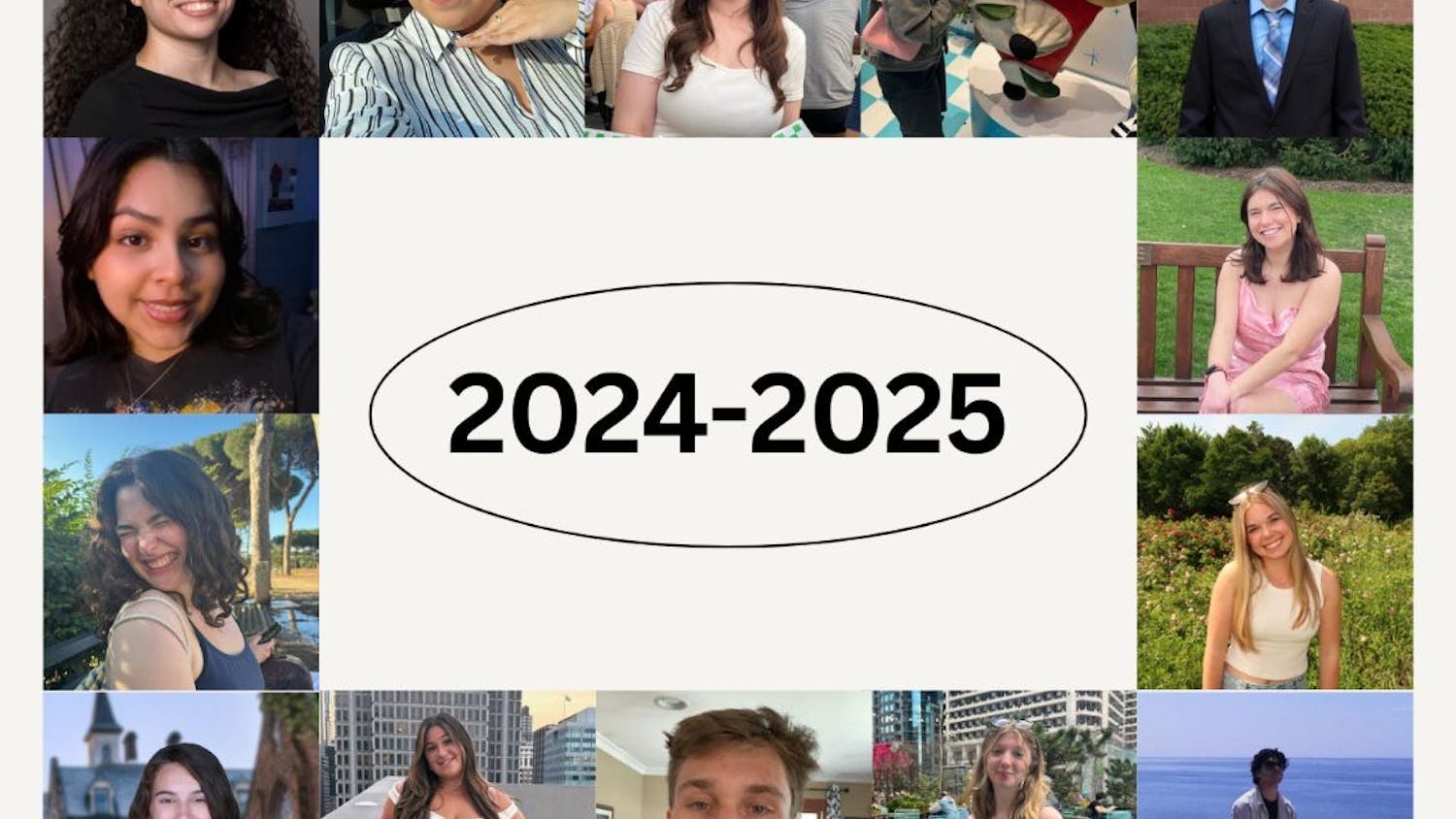It is that time of the year when we realize the unavoidable parking headaches. We immediately hear students complaining, and rightly so, about the lack of parking spots on campus. Similarly, faculty members complain about it too. We begin to feel a sense of d?©j? vu, and thereby remembering having had a similar experience before. It is only reasonable to expect that since students and faculty members pay a fee to park on campus, they have a right to a parking spot on campus rather than having to park somewhere else. Yet the analogy between a student's right and a faculty member's right to a parking spot on campus is rather weak. Students have a right to a parking spot, but they are free to attend class or not, or to come late to class if they so desire. If they choose not to attend class or to come late to class, they are not in bridge of a legal contract.
By contrast, faculty members have not only a moral obligation but also a legal obligation, namely, a contractual obligation to be in class and to be there promptly. Hence, if a faculty member is not in class or come late to class, s/he could be charged with a bridge of contract. Consequently, one can reasonably expect that faculty members be provided not only with sufficient parking spots but also with having those spots available when needed to fulfill their professional duties. In addition, most faculty members, especially the non-tenured ones, are involved with different committees to service the university well. Many of these committees meet during prime time.
If faculty members have difficulty finding parking spots during prime time, they are likely to be late to their meetings. And yet, we frequently hear colleagues reciting a rather trite mantra - faculty members, like students, need to come early so they can have access to a parking spot. But faculty members' duties and students' duties are not equivalent. So by a reasonable person standard one could ask - is it fair to expect faculty members to come early, namely, before 10:00 a.m. when they start teaching at noon or thereafter? Is it fair to expect them to come before 10:00 when their meetings are at noon or thereafter? Perhaps, before reciting the trite mantra, we should reflect on these questions and try to find a reasonable solution.
-Dr. Vicente Medina, professor




![IMG_8445[11695].jpg](https://snworksceo.imgix.net/sen/77f3c4ef-e856-4044-9e70-0b2095985e50.sized-1000x1000.jpg?w=1500&ar=16%3A9&fit=crop&crop=faces&facepad=3&auto=format)
